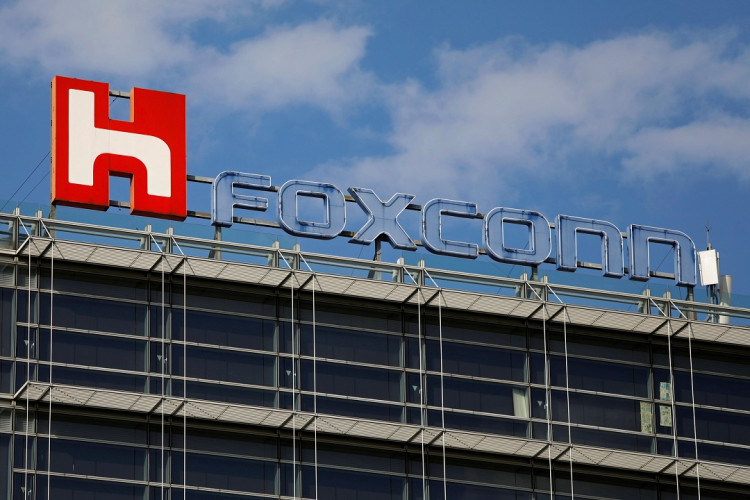According to an investment fund manager, more mainland Chinese electronics manufacturing businesses are likely to pull out market share from Taiwanese rivals such as Foxconn and Pegatron.
Foxconn, also known as Hon Hai, Apple's largest supplier, is facing competition from China's Luxshare, which was reportedly won a contract to make luxury iPhone models in China.
This comes after Foxconn announced record unaudited revenue in 2022 and said manufacturing from its Chinese iPhone plant had "basically returned to normal."
"Chinese companies are getting pretty competitive for iPhone assemblers. China is doing quite well in pretty much everything, except semiconductors," Kirk Yang, chairman and CEO of Kirkland Capital, told CNBC's "Squawk Box Asia" Friday.
"So that's why eventually, you are going to see more and more Chinese companies taking market share away from Taiwanese electronic companies," Yang added.
According to the Financial Times, Luxshare has been producing a modest number of the iPhone 14 Pro Max models at its Kunshan facility when Foxconn's Zhengzhou production endured Covid limitations and labor unrest in 2017.
A former Foxconn employee founded Luxshare in 2004, which also produces AirPods and connector cords for the iPhone and MacBook.
Yang said that Taiwanese businesses on the mainland have come under a lot of pressure over the past five years as a result of the geopolitical tensions between China and Taiwan.
"A lot of them are moving out of China," Yang said.
He continued, saying that the US-China tech conflict is also pushing businesses to leave mainland China even more quickly, which is why Apple needs to diversify.
Yang added that Chinese businesses with a presence in Hong Kong, like Luxshare, have an advantage.
"They can probably hire people [more easily than non-Chinese companies] and get better tax incentives. After local companies learn how to make products in a similar quality, at a cheaper price, they will be taking market share."
Apple announced in November that due to COVID restrictions, shipments of its new iPhone 14 will be delayed.
Production at "iPhone City" has been significantly impacted by lockdowns in advance of the holiday shopping season.
"What started out a month ago as 3% iPhone 14 Pro shortages grew to 5% last week and now are roughly 10%+ of overall units with the potential to increase over the coming month depending on any production improvements from Foxconn," Dan Ives from investment firm Wedbush Securities said.
Although Apple has not specified the extent of the problems at the Zhengzhou facility, it has warned of delays in the delivery of the iPhone 14 Pro and iPhone 14 Pro Max.





